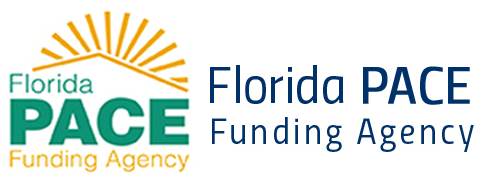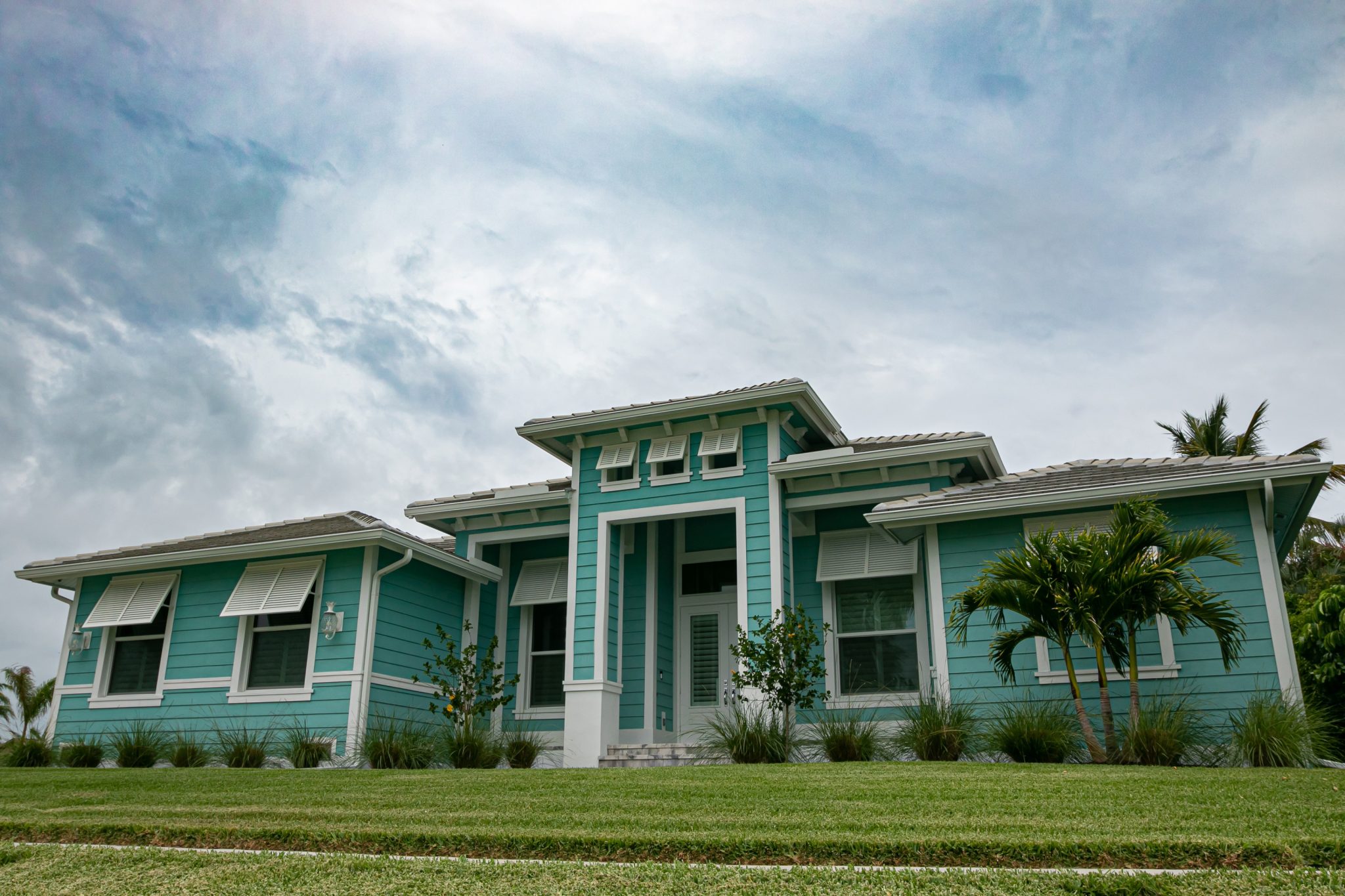
What Are the Roof Requirements to Qualify for Homeowners Insurance in Florida?
In Florida, the roof over your head does more than just provide shelter — it’s also a key factor in qualifying for homeowners insurance. Given the state’s susceptibility to severe weather, including hurricanes and tropical storms, insurance companies have stringent requirements for roofing. These standards ensure that homes are adequately protected, which in turn influences insurance availability and premium rates.
You might be wondering about the specific roof requirements needed to qualify for homeowners insurance in Florida. Understanding these critical roofing requirements and legislative changes is essential as they significantly impact your ability to secure and maintain insurance coverage. Recent updates to the law, the particular demands of insurance companies and potential upgrades to your roof are all crucial for enhancing your home’s safety and potentially reducing your insurance costs.
Recent Florida Roofing Legislation Changes
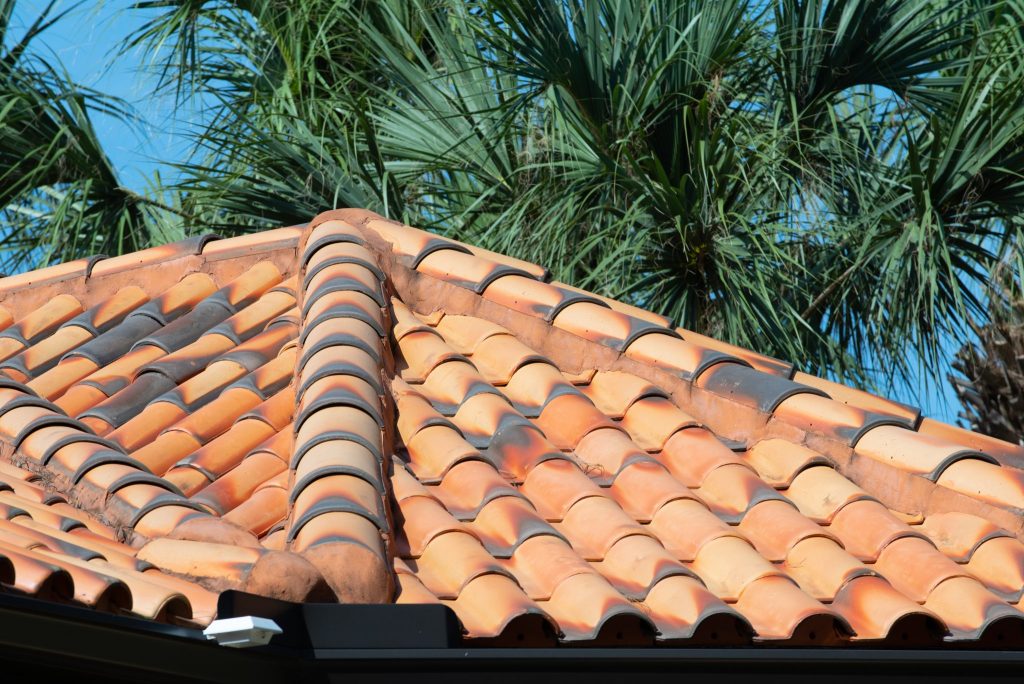
As a Florida homeowner, staying informed about the latest roofing legislation is crucial for compliance and maximizing your insurance benefits. Recent legislative changes have focused on improving the integrity of roofing practices, reducing insurance fraud and ensuring that roof replacement costs do not unnecessarily burden homeowners.
Here’s a breakdown of the key legislative updates and how they impact your slot demo home insurance policies in the state of Florida:
July 2021: Senate Bill 76
In July 2021, Florida passed Senate Bill 76 to address fraudulent roof replacement claims by contractors. This law aimed to curb practices where contractors encouraged homeowners to file insurance claims for full roof replacements when repairs would have sufficed, reducing the financial burden on insurers.
Key Provisions of SB 76 Included:
- Prohibiting contractors from soliciting homeowners to make roof insurance claims
- Restricting contractors from offering incentives or rebates to homeowners for roof replacements
May 2022: Senate Bill 2D
In May 2022, Florida enacted Senate Bill 2D, which introduced new roof requirements for homeowners insurance policies:
Insurers cannot deny coverage solely based on roof age if under 15 years old
For roofs over 15 years, homeowners can get them inspected and certified to have at least five more years of useful life instead of requiring immediate replacement
SB 2D also eliminated the 25% roof replacement rule for homes built after March 2009 that comply with the 2007 or later Florida Building Code. Only the damaged portion needs repair/replacement.
Florida Roof Replacement Law Changes
Roof replacement laws in Florida are evolving, reflecting the ongoing efforts to align building practices with the latest safety standards and technological advancements. These changes are crucial for homeowners to understand, as they can have significant implications for insurance policies and overall home safety.
In December 2023, the updated 2023 Florida Building Code introduced several key changes to roofing regulations. These updates are designed to streamline processes and adapt to current needs, ensuring homes are better equipped to withstand Florida’s harsh weather conditions.
Here are the specific updates introduced:
- Updates to underlayment processes and material requirements: These changes aim to enhance the durability and effectiveness of roofing against water damage.
- Elimination of the 25% roof replacement rule for post-2009 homes: This adjustment simplifies the decision-making process for repairs, reducing the need for comprehensive replacements under certain conditions.
- Allowing repair of only damaged roof portions if remaining areas meet 2007 code: This provides flexibility for homeowners, focusing repairs only where necessary, which can be cost-effective and less disruptive.
Understanding these changes can help you navigate the requirements more effectively, ensuring your roofing decisions are both compliant and beneficial for your home’s safety and insurance eligibility.
How Your Roof Affects Your Insurance Company Policy
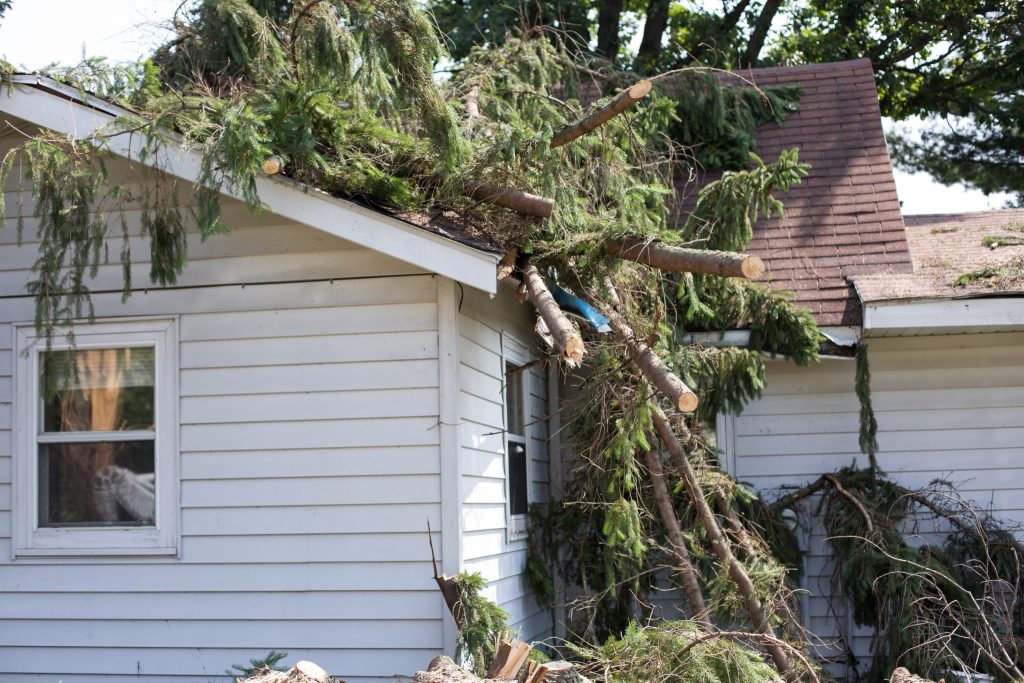
Your roof plays a crucial role in determining your homeowners’ insurance policy and rates. Insurance companies closely evaluate various aspects of your roof to assess the potential risks and costs associated with insuring your home, particularly in hurricane-prone areas like Florida.
Roof Age Requirements
Insurance companies often set specific age limits for roofs when evaluating coverage or policy renewals. However, according to My Florida CFO, insurers cannot refuse to issue or renew a homeowners insurance policy solely based on the age of a roof that is less than 15 years old.
For roofs 15 years or older, insurance companies must allow homeowners to obtain an inspection by an authorized inspector before mandating a roof replacement for policy issuance or renewal. Always consult your insurance provider for the most accurate and up-to-date information regarding their policies on roof age.
Materials
The type of roofing materials used can significantly impact your insurance rates. As stated by Progressive, roofs made of slate, tile, concrete shingles or metal offer the best protection, but they’re also the most expensive to replace.
Factors such as durability, fire resistance, wind and hail resistance and energy efficiency all influence your homeowners insurance rates based on the materials your roof is made from. It’s important to consult your insurance provider for the most accurate and up-to-date information on how different materials might affect your premiums.
Roof Shape
The shape and complexity of your roof can also influence your insurance rates. Roofs with multiple levels, valleys and intricate designs are more susceptible to leaks and damage, potentially increasing insurance costs. Among the most common types are gable roofs and hip roofs, each with distinct characteristics that affect their durability.
Hip roofs, with their sloping on all sides, tend to perform better during windstorms, making them more resistant to damage. As a result, they may be favored by insurance companies, particularly in coastal areas, and discounts may be available due to their enhanced stability and reduced risk.
Roof Deck and Overhang
The condition of your roof deck and the size of the overhang can affect your insurance policy. As outlined by the Federal Emergency Management Agency (FEMA), a properly secured roof deck and adequate overhangs can provide better protection against high winds and water intrusion, potentially reducing your insurance risks and premiums.
Upgrading Your Roof for Home Insurance Coverage
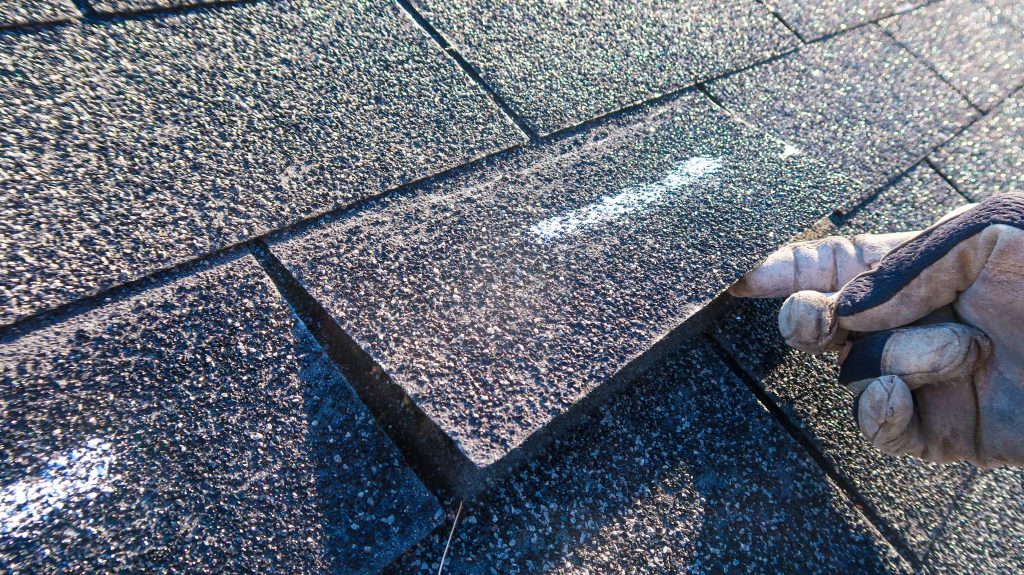
Regularly maintaining and inspecting your roof is key to ensuring it continues to meet insurance standards and protects your home effectively. These inspections help identify potential issues early, preventing severe damage and reducing your insurance premiums.
Upgrading your roof can significantly impact your insurance costs, particularly when you choose improvements that enhance durability and resistance to severe weather. Florida PACE provides funding for several roofing repairs and replacements that can boost your roof’s performance and help you save on your policy:
- Roof Replacements
- Roof Repairs
- Roof Insulation
- Cool Roof Installation
- Skylight Installation
- Gutter and Drainage System Upgrades
- Roof Coatings
- Attic Ventilation Upgrades
- Energy-Efficient Upgrades
- Emergency Roofing Services
Affording Your Roofing Project
Investing in roofing upgrades is crucial, but it can be financially overwhelming. At Florida PACE, we understand the challenges homeowners face when managing significant home improvements like roofing.
To discover how Florida PACE is actively supporting Florida homeowners amidst the insurance crisis and offering sustainable solutions for essential home improvements, explore our blog on How PACE Empowers Florida Homeowners Amidst the Insurance Crisis.
Get Your Roofing Project Started With Florida PACE Funding
By choosing Florida PACE for your roofing project, you can take advantage of a long-term, fixed-rate funding option that’s added directly to your property tax bill. This approach makes your project more financially manageable, enabling you to secure the essential upgrades your home needs to keep you and your loved ones safe and well-protected year-round.
Learn more about Florida PACE now, or get started with your roofing project by contacting us today.
